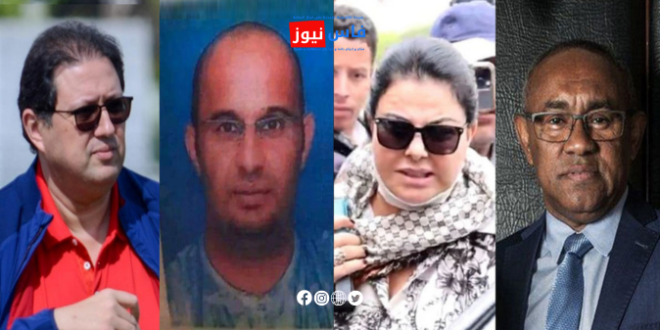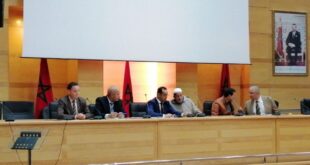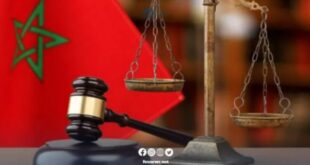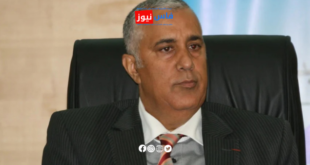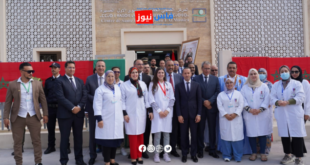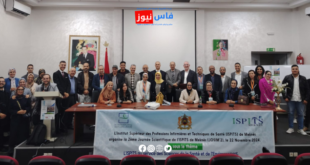The Casablanca Court of Appeal today decided to postpone examining several preliminary requests submitted by the defense in the case known as the “Sahara Escobar”, with the judicial chamber, headed by Judge Ali Torchi, deferring the decision on summoning prominent political, artistic, and sports personalities.
Among the personalities requested to be summoned are the former President of the African Football Confederation Ahmad Ahmad, and businessman Ahmed Ben Brahim, nicknamed the “Sahara Escobar”, whose confessions played a pivotal role in revealing the case details.
The list of potential witnesses also includes Hicham Aït Menna, the current president of Wydad Casablanca, Moroccan diva Latifa Raafat, the ex-wife of Haj Ben Brahim, in addition to political figures from the Authenticity and Modernity Party.
The court will continue hearings on Friday, November 29, on preliminary requests and formal objections, before proceeding to hear the defendants’ statements and examine the case’s substance.
The case involves 28 defendants, including Saïd Naciri, the former president of Wydad, and Abdenbi Bioui, the former president of the Eastern Regional Council, two of whom are on provisional release.
The defense sought to summon the director of El Jadida prison where Ben Brahim has been incarcerated since his conviction in 2019 to 10 years in prison for drug trafficking. They also requested the appearance of a representative from the General Directorate of National Security to discuss the “Sahara Escobar’s” movements within Morocco, as well as the Secretary-General of the House of Representatives.
The previous session witnessed heated debate between the defense and the prosecution, particularly regarding the request to summon Ben Brahim as a witness. The prosecutor rejected this request, considering that the civil party is not obliged to attend the trial.
The lawyers responded, emphasizing that Ben Brahim had previously testified before judicial authorities, which justifies his presence to clarify his role. They considered the prosecutor’s position a “traditional stance” inconsistent with post-2011 constitutional standards for a fair trial.
In a previous session on October 25, the prosecutor rejected the request to summon Ahmad Ahmad and other witnesses, while accepting testimonies from police officers who drafted the reports and witnesses heard by the judicial services or the investigating judge.
This case, which attracts significant public interest, remains shrouded in mystery and continues to draw public attention.
 فاس نيوز ميديا جريدة الكترونية جهوية تعنى بشؤون و أخبار جهة فاس مكناس – متجددة على مدار الساعة
فاس نيوز ميديا جريدة الكترونية جهوية تعنى بشؤون و أخبار جهة فاس مكناس – متجددة على مدار الساعة

